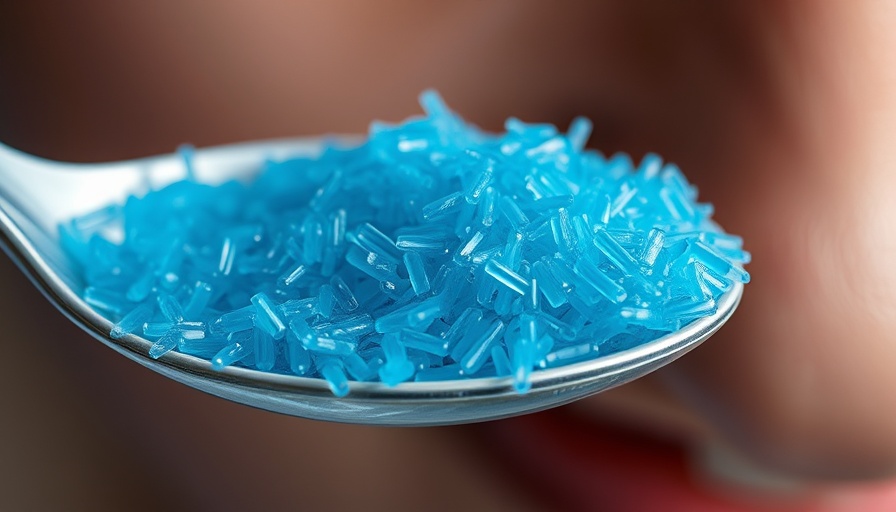
Microplastics: The Unseen Hazard in Our Food
Recent studies are shedding light on a troubling reality: microplastics, tiny plastic particles found in a great variety of consumer products, are infiltrating our diet through ultra-processed foods. As research unfolds, scientists signal a dire need for awareness regarding what these materials might be doing to our health—specifically, our brain health. The compelling findings indicate that foods, often favored for their convenience and extended shelf life, could be more detrimental than we realize.
The Impact of Ultra-Processed Foods on Health
Ultra-processed foods, which make up a large part of the Western diet, are convenient but come with hidden costs. These foods often contain additives designed to enhance flavor and increase shelf-life, but they may also harbor microplastics. Existing studies have linked the consumption of such foods to various health issues, including obesity, diabetes, and now, potential cognitive decline due to microplastic exposure. Experts urge consumers—especially business professionals—who often rely on fast service options during their hectic schedules to reconsider their food choices for better health outcomes.
Understanding Microplastics and Brain Health
The concept of microplastics infiltrating our brains may sound alarming, but it underscores a pertinent conversation about personal and corporate health responsibility. Microplastics can travel through the bloodstream and accumulate in various organs, raising questions about their effects on cognitive function. Reports suggest that beyond dietary sources, these particles are present in the environment, from the air we breathe to the water we drink, leading to a widespread public health implication that businesses—especially those in industries like food and beverage—must address.
Action Steps for Healthier Choices
To combat the potential dangers of microplastics, professionals can adopt specific strategies such as prioritizing whole foods over ultra-processed options. Engaging in mindful eating practices can help reduce intake of harmful substances. Moreover, advocating for transparency in the food supply chain may encourage businesses to produce safer, healthier products, ultimately contributing to a more sustainable diet.
As we delve deeper into how microplastics might shape our future health, one thing is clear: understanding this issue will empower us to make informed decisions, not only for our health but also for the well-being of our communities. Knowledge is a cornerstone in combating environmental and health challenges effectively, prompting necessary changes in our eating habits and business practices.
 Add Row
Add Row  Add
Add 



Write A Comment